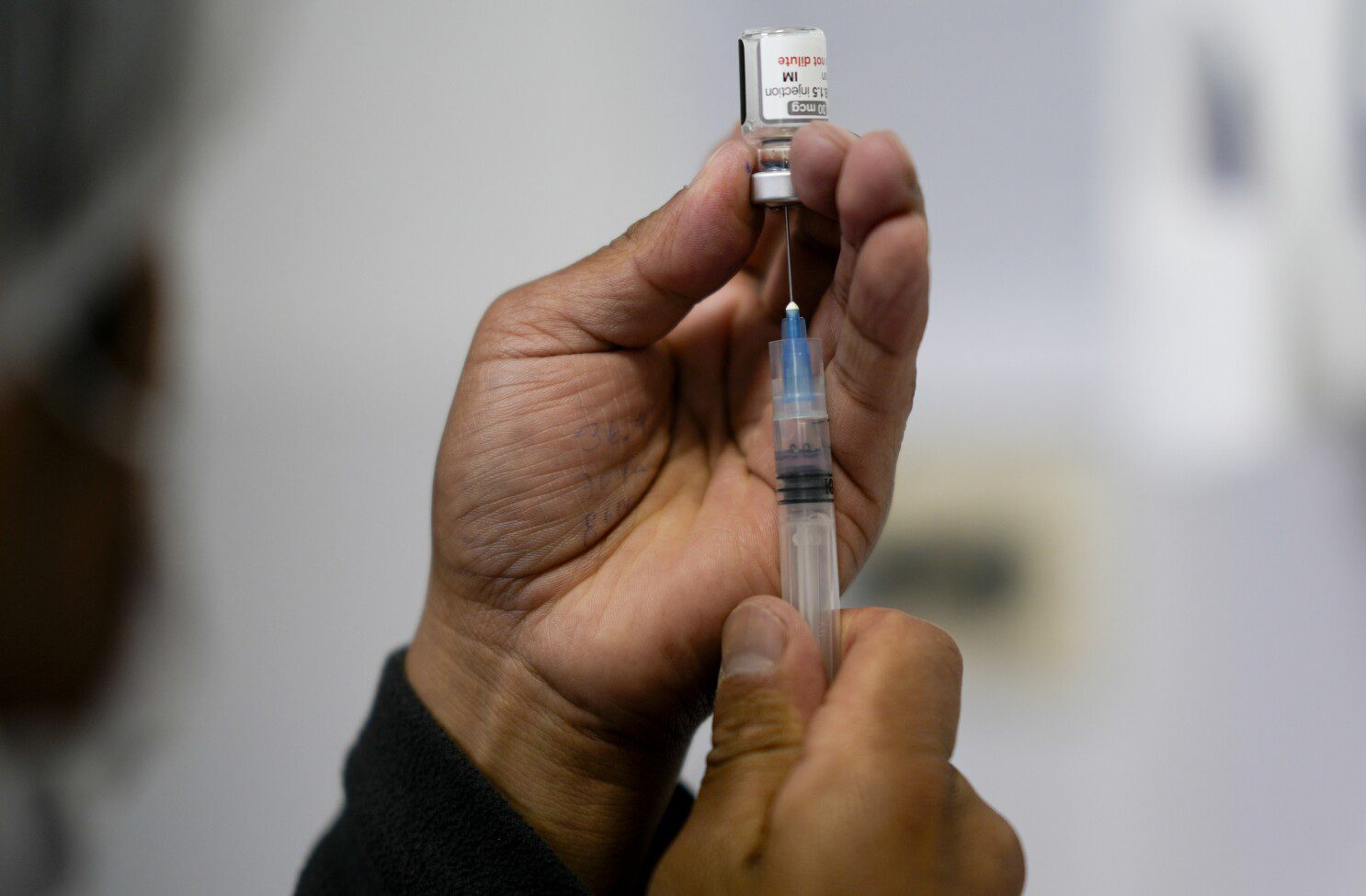Over 14 Million Children Miss Basic Immunizations Amid Rising Measles and Pertussis Outbreaks
A new report released by the World Health Organization (WHO) and UNICEF, alongside recent analyses in The Lancet, reveals a concerning decline in global childhood vaccination coverage in 2024–2025. Despite modest improvements in some regions, over 14 million children worldwide received no routine vaccines, while nearly 20 million missed at least one dose of the diphtheria, tetanus, and pertussis (DTP) vaccine.
Current global coverage for the first DTP dose stands at 89%, while full-series coverage is at 85%—still below the threshold required for effective population-level immunity. The majority of unvaccinated children are concentrated in conflict-affected or hard-to-reach areas, where health systems remain fragile and underfunded.
As a direct consequence, vaccine-preventable diseases are resurging. According to WHO and regional health data, measles cases in Europe and Central Asia nearly tripled in 2024, with similar warning signs emerging in the U.S. and U.K. Health experts warn that current immunity gaps resemble those seen during the COVID-19 pandemic, exposing millions of children to unnecessary risk.
The Lancet underscores that cuts in international funding for immunization programs—combined with misinformation—are threatening decades of public health progress. In particular, reduced contributions from donor nations such as the U.S. have disrupted immunization campaigns and disease surveillance in over half of low- and middle-income countries.
UNICEF and WHO are calling for urgent global action. Recommendations include reinforcing local health systems, securing equitable vaccine access, and combating misinformation. In parallel, Gavi, the Vaccine Alliance, has launched a new $9 billion fundraising initiative (2026–2030) to strengthen immunization efforts worldwide.
For clinicians and public health professionals, the takeaway is critical: without decisive reinvestment in routine immunization, global health systems face the return of diseases once thought to be under control.
Sources: WHO, UNICEF, The Lancet, Reuters, El País, Financial Times.

